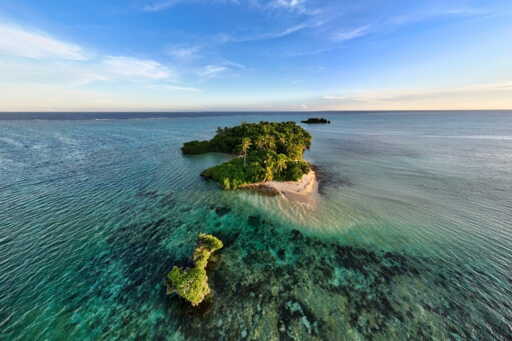The recent advisory opinion from the International Court of Justice (ICJ) on states’ obligations regarding climate change was celebrated globally for providing clarity on countries’ legal obligation to prevent climate harm, but was also appreciated by island nations for its additional certainty on their maritime boundaries remaining intact regardless of sea level rise. This week on Mongabay’s podcast, environmental lawyer Angelique Pouponneau, a Seychelles native and lead negotiator for the Alliance of Small Island States (AOSIS), explains these victories, their legal implications, and how they matter for small island nations. She says Small Island Developing States (SIDS) face a multitude of climate impacts, “one of which [was] this idea of the shrinking exclusive economic zones.” Exclusive economic zones are the waters that lie within the jurisdiction of a nation, usually 200 nautical miles (370 kilometers) from its shore. With the ICJ advisory opinion, there’s now legal certainty that this zone will remain within the jurisdiction of a state, even if its shoreline shrinks as a result of rising seas due to climate change. “What island nations were trying to guard against through state practice was essentially if there were ever to be loss of territory, it would not mean loss of exclusive economic zone,” Pouponneau says. SIDS are heavily dependent on the tourism and fishing sectors, both of which Pouponneau says now have more assurance that they will not lose rights to. She stresses that sustainable investment is needed for both the people who live in these nations and the…This article was originally published on Mongabay
From Conservation news via this RSS feed


